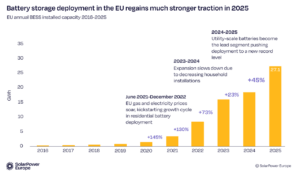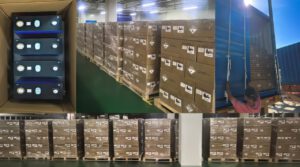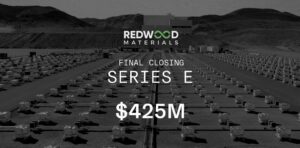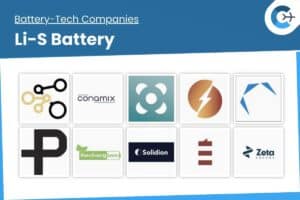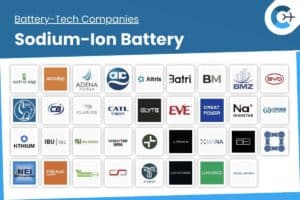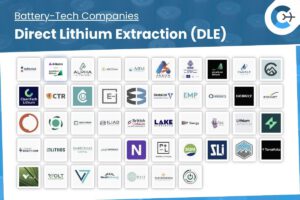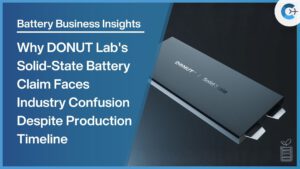On May 13, 2025, in Oslo, Norway, Vianode and Fortum Battery Recycling signed a Memorandum of Understanding to develop a sustainable electric vehicle (EV) battery recycling value chain. Under the agreement, Fortum will supply high-quality recycled graphite concentrate from its hydrometallurgical plant in Harjavalta, Finland, while the two companies will jointly optimize recycled graphite materials for Vianode’s commercial-scale anode production and evaluate their performance in advanced battery components.
Graphite represents the largest weight component in lithium-ion batteries—about 70 kilograms per EV—and recycling it reduces reliance on virgin materials, lowers carbon emissions, and strengthens supply chain resilience. Dr. Stefan Bergold, Chief Commercial Officer of Vianode, noted that access to scalable recycled graphite will help the company achieve its target CO₂ footprint of less than 1 kilogram CO₂e per kilogram of graphite by 2030.
Fortum Battery Recycling operates Europe’s largest closed-loop hydrometallurgical battery recycling facility, with pretreatment and mechanical processing hubs in Germany and Finland. “Recovering critical graphite from end-of-life batteries and returning it to the cycle as battery-grade material enables production of new lithium-ion batteries with a significantly lower environmental footprint,” said Tero Holländer, Head of Business Line, Batteries, Fortum Recycling & Waste.
Vianode recently launched its first high-performance anode material made from recycled battery-grade graphite as part of its strategy to build the world’s most sustainable anode supply chain in North America and Europe. With new EU legislation mandating higher recovery rates and increased use of recycled materials, Europe’s battery recycling capacity is expected to expand substantially by 2030 as early-generation EVs reach end of life.
Vianode, owned by Altor, provides sustainable synthetic and recycled graphite solutions and operates the Via ONE anode graphite plant in Herøya, Norway. The company has outlined a multi-billion-dollar investment program to establish large-scale plants across North America and Europe, aiming to supply materials for 3 million EVs per year by 2030. Fortum Battery Recycling, part of Fortum’s portfolio, specializes in recovering valuable metals from lithium-ion batteries and production waste to produce sustainable recycled raw materials.
Source: Vianode News



